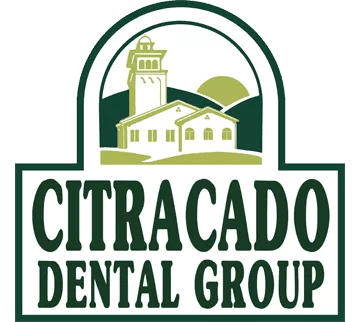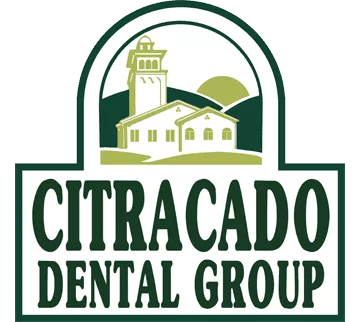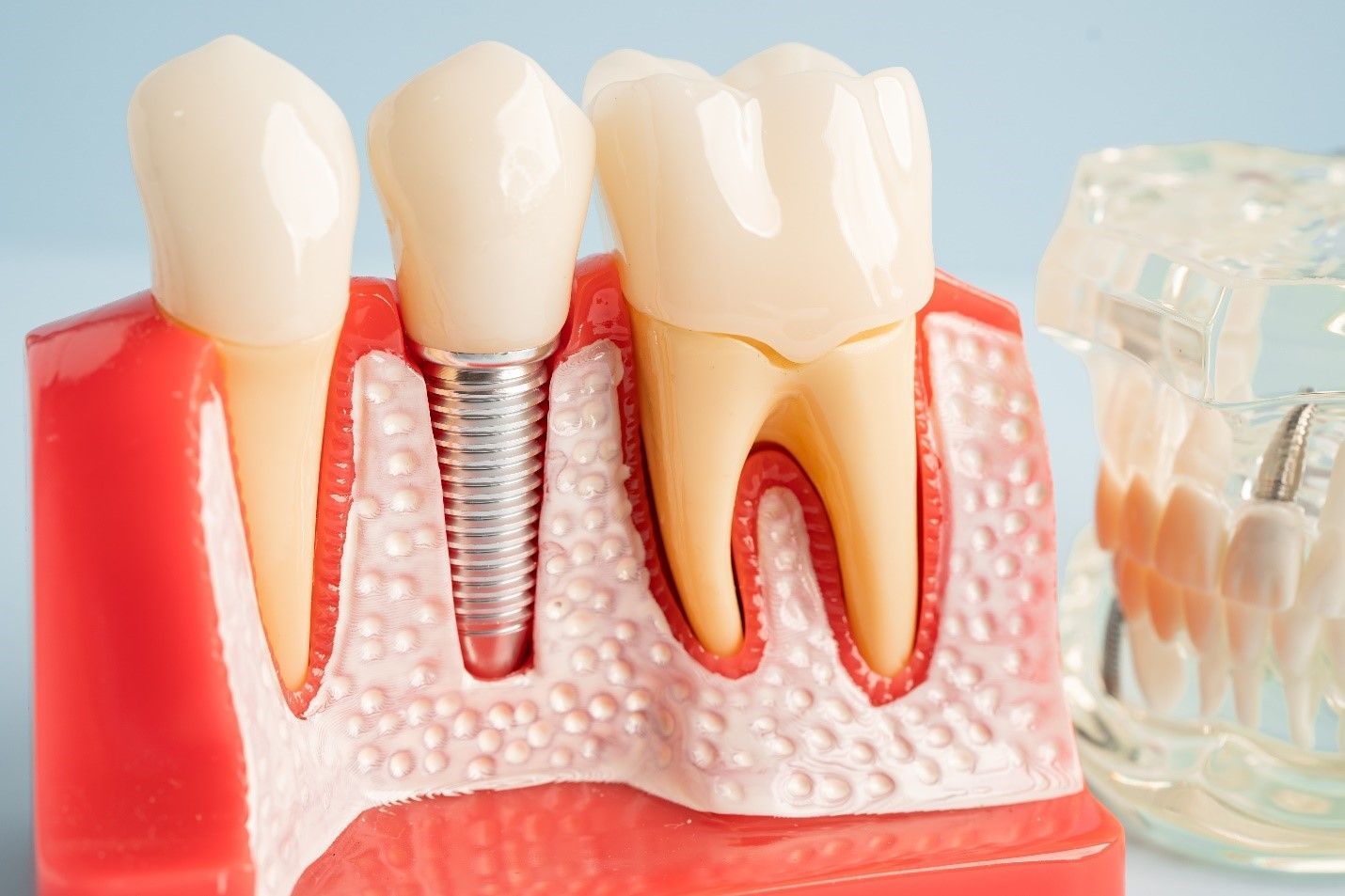The Importance of Baby Teeth: Caring for Your Child's Oral Health

The significance of oral health in children cannot be overstated, and a critical aspect of this is the care and maintenance of baby teeth. While it is common for parents to focus on the eruption of permanent teeth, neglecting the health of baby teeth can have long-term consequences. Baby teeth, also commonly known as primary teeth, have a pivotal role in a child's development, influencing their capacity for speech, eating and the maintenance of appropriate oral hygiene. Below, we’ll explain the importance of baby teeth and emphasize the need for diligent care to ensure a foundation of good oral health for a child's future.
Speech Development
Baby teeth generally start appearing around six months of age. The eruption of baby teeth is not only a physical process but also a vital step in the development of a child's speech and language skills.
As children learn to articulate words and sounds, their baby teeth play a crucial role in facilitating clear communication. When baby teeth are affected by problems such as decay or misalignment, the precision required for proper pronunciation may be compromised.
Decay or misalignment of baby teeth can significantly affect the pronunciation of words in several ways.
Speech Distortion: Decay in baby teeth can lead to alterations in the shape and structure of the teeth. This can result in speech distortions as certain sounds may be more challenging to produce, leading to slurred or unclear speech.
Difficulty with Certain Sounds: Certain sounds, such as "s," "sh," "th," and "z," may be particularly affected by decay in specific areas of the mouth. The compromised teeth may impede the proper formation of these sounds, causing speech difficulties.
Lisping or Whistling Sounds: Decay can create spaces or gaps between teeth, leading to unintended lisping or whistling sounds during speech. This is particularly noticeable when sounds require a more controlled airflow through the oral cavity.
This interference in speech development can lead to difficulties in expressing oneself effectively, potentially causing frustration for the child. Taking care of your child’s primary teeth is not only crucial for oral health but also plays a pivotal role in fostering a child's confidence and proficiency in verbal communication.
Nutrition and Overall Development
The ability to chew is fundamental to a child's nutrition, allowing them to consume a variety of foods that contribute to overall growth and development.
Nutrient absorption: Chewing is the initial step in the digestive process. As children chew their food, it gets mixed with saliva, initiating the breakdown of carbohydrates and facilitating the digestion of starches. Properly chewed food is easier for the digestive system to process, enabling efficient nutrient absorption in the stomach and intestines. This holds particular significance in childhood, a phase characterized by swift physical and cognitive growth.
Texture exploration: The ability to chew encourages children to explore a variety of food textures. Different textures stimulate the development of oral and facial muscles, contributing to enhanced motor skills.
Development of jaw and facial muscles: Chewing is a dynamic activity that engages the muscles in the jaw, face and oral cavity. Regular chewing exercises these muscles, promoting their strength and development. Strong jaw muscles not only support effective chewing but also contribute to the overall structure and alignment of the face.
Oral health: The act of chewing mechanically prompts the generation of saliva, subsequently aiding in the neutralization of acids, cleansing of the mouth and prevention of tooth decay. Additionally, chewing fibrous foods can have a natural cleansing effect on teeth, promoting oral hygiene.
Maintaining Space for Permanent Teeth
One often overlooked aspect of baby teeth is their role in maintaining space for permanent teeth. As primary teeth naturally fall out, they create space for permanent teeth to take their place. Premature loss of baby teeth resulting from decay or other oral health issues can prompt neighboring teeth to shift into the vacant space, potentially causing misalignment and future orthodontic complications. Ensuring the health and longevity of baby teeth is, therefore, a proactive measure to prevent future dental complications.
Establishing Oral Hygiene Habits
Caring for baby teeth is not only about preventing cavities and decay; it also involves instilling good oral hygiene habits from an early age. Teaching children to brush and floss regularly fosters a sense of responsibility for their oral health and sets the foundation for a lifetime of proper dental care, reducing the risk of dental issues such as cavities, gum disease and other oral health problems.
The significance of primary teeth in a child's development cannot be emphasized enough. Parents and caregivers, schedule a regular dental check-up for your little ones with us today. Together, we can go over proper oral hygiene practices and other proactive measures to ensure your child grows up with a strong foundation of oral health to set them up for a lifetime of healthy smiles.
QUICK MENU
RECENT POSTS






